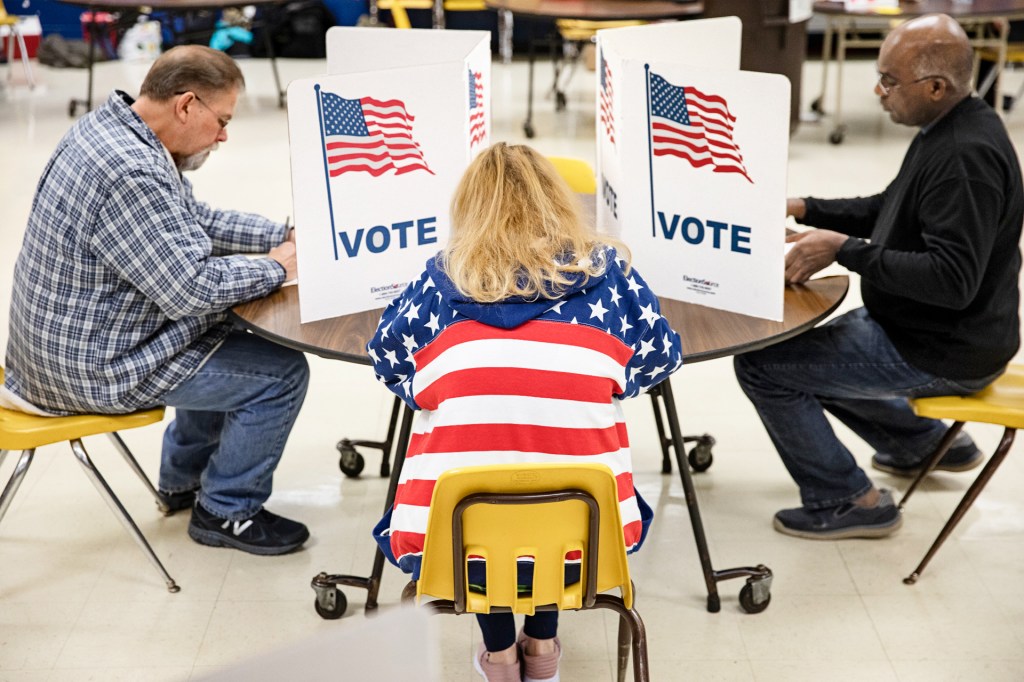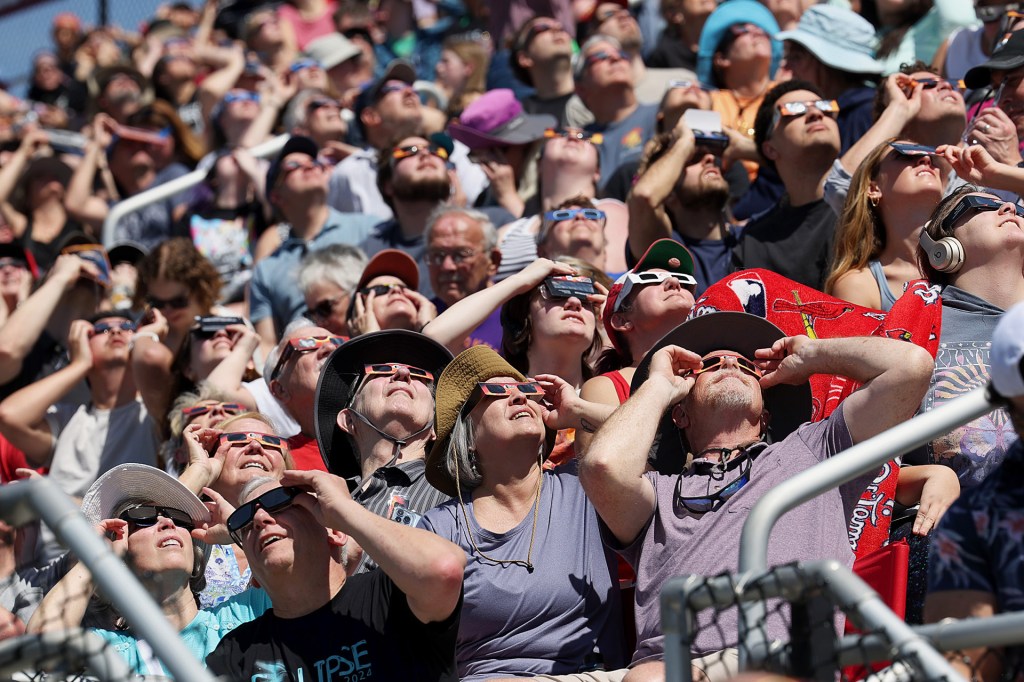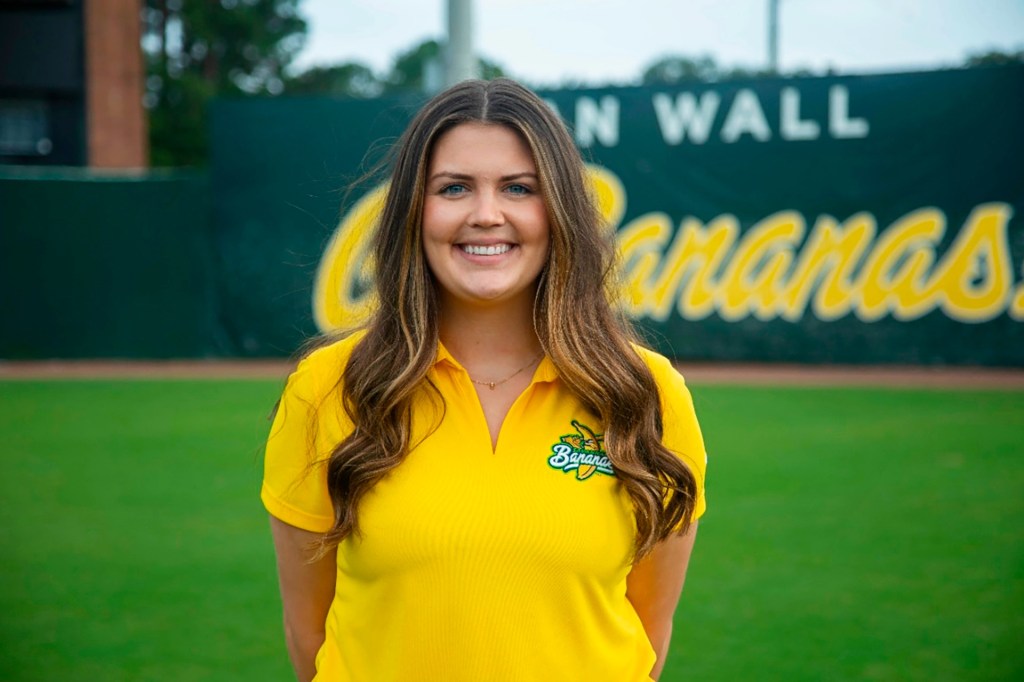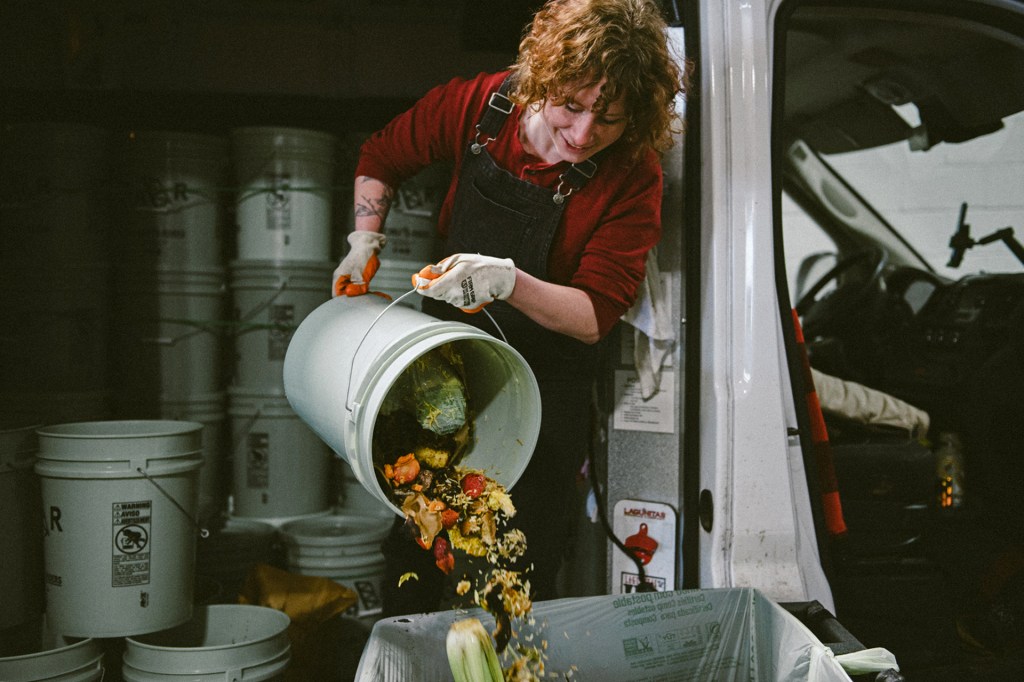TFK Explains: Primaries and Caucuses

Election season begins on January 15, with Iowa’s caucuses. State caucuses and primaries are held before every presidential election. The Republican and Democratic Parties hold them to select a candidate in the general election. TFK explains the differences between primaries and caucuses.
What is a presidential primary?
A presidential primary and a caucus have the same purpose: to choose a party’s candidate for president. But the processes are different. A primary works like any other election. A state’s voters cast their votes for a candidate to run for president in November. Most states are holding primaries this year.
How does a caucus work?
A caucus is not like an ordinary election. It’s a community gathering organized by a political party. There can be many of them taking place in a state.
At a caucus, voters hear speeches and attend debates before choosing a candidate. Voting might take place by casting a secret ballot, or participants might divide themselves into groups according to the candidate they support. This year, caucuses are scheduled in nine states.
How are the presidential nominees finally selected?
When voters cast a ballot for a candidate in a primary or caucus, they are actually selecting delegates. These are people who represent the state at their party’s national convention, which takes place in the summer. The number of delegates a candidate gets depends on the number of votes the candidate received. Every candidate hopes to win an unbeatable majority of delegates. At the convention, the delegates come together to nominate one candidate to represent the party.
When will we know the results?
The first caucus of election season takes place in Iowa. This year, the Republicans are holding theirs on January 15. The first primary will take place in New Hampshire on January 23.
But keep an eye on Super Tuesday, March 5, when a majority of states hold their primaries and caucuses. About one-third of all delegates can be won on this day. It won’t be enough for any candidate to clinch the nomination. That might not happen until May or June. But it could give us a sense of who might be favored to win at the national conventions.
Stop and Think! What questions do you still have about selecting a presidential nominee? Where can you go to find trustworthy information?












